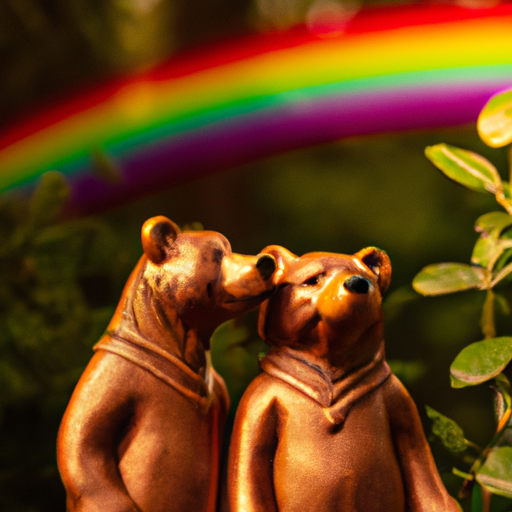Once upon a time in the historical narrative of the Old Testament, a peculiar story about the prophet Elisha, 42 children, and two she-bears has been told. The passage (2 Kings 2:23-24) recounts Elisha’s journey to Bethel, where he was confronted by a group of young boys who scorned him for his baldness. Elisha, in response, called upon a curse, and two female bears emerged from the woods, mauling 42 of the boys.
Let’s recast this scenario into modern parlance: Could these ‘children’ have been precursors to today’s radicalized youth? Today, we see individuals hiding behind masks, carrying symbolic torches, advocating for exclusion and divisiveness. These youth who accosted Elisha could well be seen as an early form of these same radical forces that seek to mock, intimidate, and marginalize those who are different or whom they perceive as threats.
The reaction of the natural world, in the form of the two bears, might be viewed as a metaphor for the ultimate reckoning of society against hate. The forces of nature – or, in the modern sense, the forces of societal progress and acceptance – move decisively to defend those targeted by such harmful behaviors, regardless of whether they are straight, LGBTQ+, black, white, brown, bald, big, or anything else.
This narrative serves as a stark reminder that hate and discrimination have no place in our society. Furthermore, it emphasizes that nature (or society) will rise to protect and maintain balance, reminding us of the need for inclusivity, acceptance, and understanding in our actions and words.
These old tales can still offer new perspectives for today’s challenges. By examining them with a contemporary lens, we can learn enduring lessons about embracing diversity, promoting acceptance, and the universal consequences of inciting hate. Let’s continue working towards a world where no one is attacked or mocked for their differences, and where love, respect, and mutual understanding are the norm.



